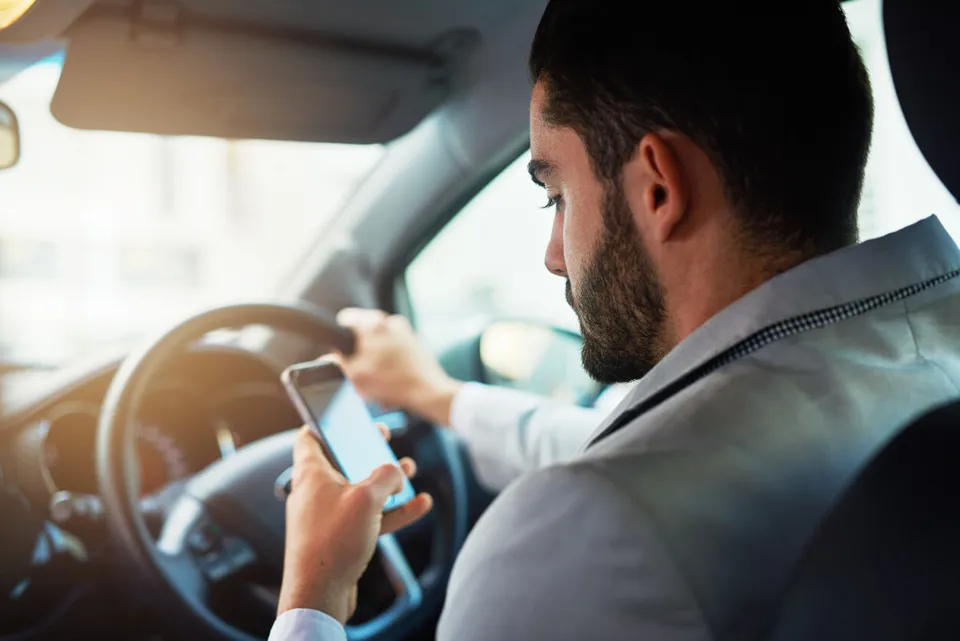Fleet polices should include guidance on the use of smartwatches and wearables, following changes to the Highway Code.
Drivers caught using a hand-held device that can send and receive data whilst driving, including smartphones, sat-navs and tablets can receive an on-the-spot £200 fixed penalty notice and six points on a licence.
The changes include the checking smartwatches and wearables.
A survey by Venson Automotive Management found that 37% of motorists wear a smartwatch or wearable that delivers text messages and notifications, and one in three interact with these devices whilst driving.
Under the Health and Safety at Work Act and the Management of Health and Safety at Work Regulations, employers have a duty to manage occupational road risks as part of their wider management responsibilities. Communicating the updates to the Highway Code and having an up to date Workplace Transport Risk Assessment and Policy in place, are highly recommended.
Alison Bell, operations director for Venson Automotive Management, said: “The majority of company car and van driver policies provided by fleet managers and businesses will have already addressed the use of smartphones whilst driving. However, many may have overlooked the risk that smartwatches and wearables pose to drivers and other road users. Indeed, checking for notifications or reading text messages on such a device could be considered a crime as it can constitute as careless or distracted driving.
“Using a mobile phone to make a call whilst driving has been an offence since 2003, but today, drivers are no longer allowed to take photos or videos, scroll through playlists or play games on their phones when driving. For HGV drivers the penalties are even more severe if caught. They face an instant ban and face a maximum fine of £2,500.”
Smart devices can still be used if secured in a cradle and 33% of motorists surveyed by Venson said they use one. Another 39% said they place their phone out of reach to avoid the temptation of picking it up. However, that still leaves more than one in four people admitting to balancing their phone in a cupholder, door pocket or on their lap for ease of use.
Bell added: “It is important for all businesses utilising company car and van fleets, as well as those allowing employees to use private cars for business use, that it is illegal to ‘cause or permit’ an employee to use a hand-held device while driving. An employer who requires employees to use a handheld device when driving is just as liable as the driver.”























Login to comment
Comments
No comments have been made yet.